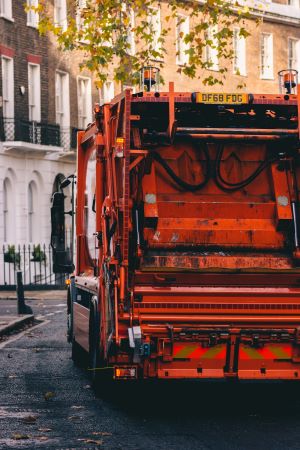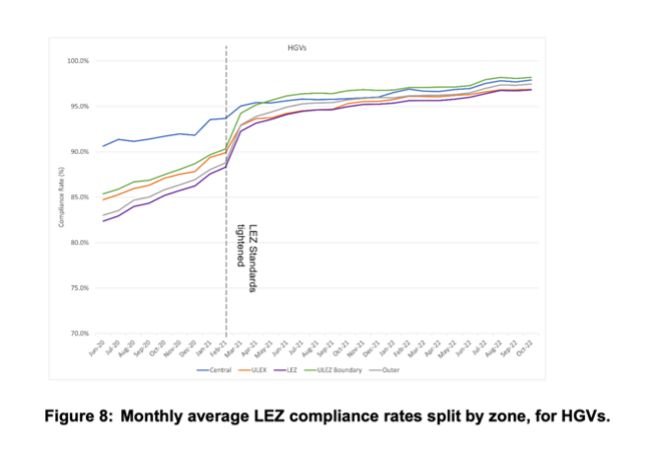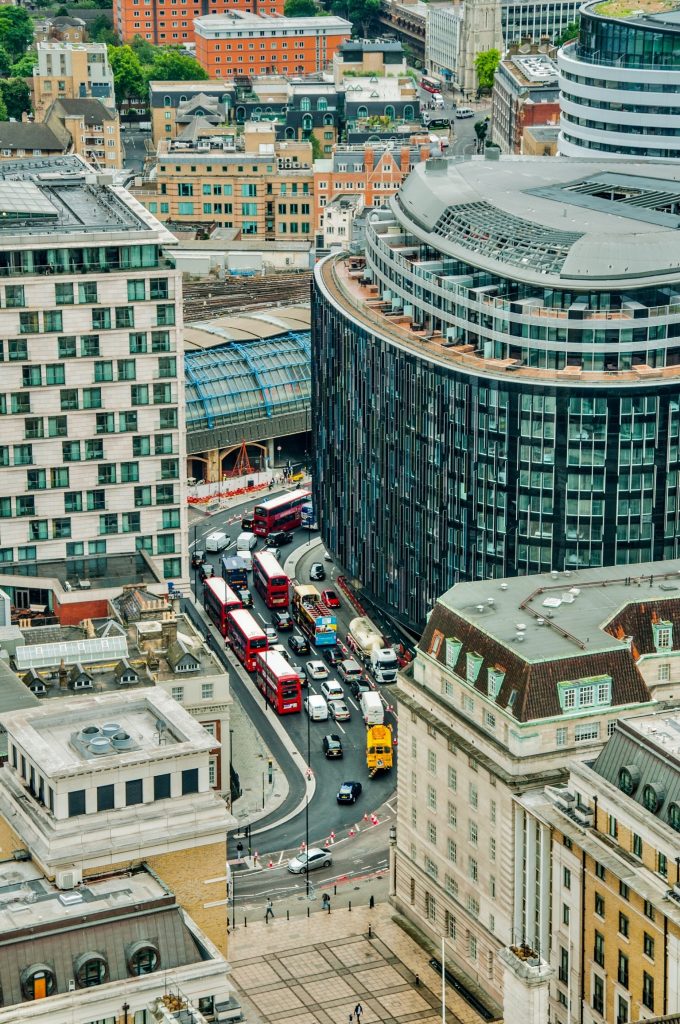Lets work together



Suite 3A, Chapel Allerton House, 114 Harrogate Road, Leeds, LS7 4NY
ukinfo@integrated-skills.com
+44 (0) 3300 888 670

Low emission zones are here to stay, much to the frustration of some of the UK road-users. But what is the costly impact of low emission zones on local authorities, responsible for the procurement and efficient running of refuse collection fleets?
Here we’ll be discussing the impact of low emission zones on local authorities and their Heavy Goods Vehicles, and the ways in which they’re tackling the financial, political and environmental issues that come with the territory.
Local authorities are mindful of the impact of Low Emission Zones on operational fleet costs, as well as their responsibilities to work toward the UK’s 2050 net zero target.
Morally and politically, local authorities may well want to do more to reduce their emissions, but budgets are stretched. Balancing the cost of replacing vehicles with more energy-efficient options versus the costs associated with operating in low emission zones can be a tough call.
At the end of the day though, local authorities are aware of their responsibilities to do their bit towards our Net Zero target, and things are slowly moving in the right direction. Some, however, may have to pick up the pace as the expansion of low emission zones looks set to continue.
According to the Inner London ULEZ Expansion 1 Year Report, yes. Released in February of 2023, the report by the Mayor of London states:
“The heavy vehicle fleet is cleaner because of the London LEZ. The strengthening of emission standards resulted in a significant increase in compliance rates, such that compliance has now reached 97 per cent, increased from 90 per cent in February 2021, immediately prior to the tightening of the standards”
The report supports the above with a the visual on page 26, which shows the consistent improvement in compliance rates for HGVs from February 2021 to October 2022.

For sole traders, small businesses and charities, the HGV scrappage scheme is available. This seems to be an effective route for many according to the report:
“The Mayor’s scrappage scheme aims to influence fleet compositions by encouraging the removal of older more polluting vehicles from the fleet. The scrappage schemes removed over 15,000 non-ULEZ compliant vehicles from London’s roads with one third not purchasing a replacement vehicle.” (Page 31)
Of course, local authority refuse fleets can’t make use of this scheme and must adapt or replace their vehicles using existing budgets.
The vast majority of refuse fleets are currently made up of diesel vehicles- notoriously high emission and energy inefficient options. But investment in alternatively fuelled refuse collection vehicles is gaining importance as local authorities strive to make their contribution to Net Zero targets.
So how do local authorities manage the dual challenges of an increasing number of low emission zones, and emerging alternative fuel vehicles? By using route optimisation software or consultancy services, local authorities can model the potential for mixed fuel types, including hydrogen as an emergingly viable option.
“Hydrogen is set to play a key role in decarbonisation and the UK’s drive toward NetZero. Current and future ULEZ and LEZ schemes are forcing fleet owners and managers in the waste and recycling collection, and street cleansing sectors, to contemplate introducing hydrogen vehicles.
Current trials for hydrogen refuse collection vehicles and related commercial vehicles are well underway, and its use is expected to grow significantly in the 2030s.
The transition to a net zero fleet will compel fleet managers to plan and model for a mixed fleet which will require route optimisation software and/or services to make this transition operationally cost effective.” Alan Paget, CEO at Integrated Skills
A few of our existing route optimisation clients are already taking steps towards reducing their carbon emissions by updating their fleets. Glasgow was the first city to launch an LEZ in Scotland in June of this year, and we’ve been working closely with them to model their options and optimise their routes for maximum impact.

In Edinburgh, low emission zones are due to be implemented from June 2024, triggering a switch to compliant vehicles. They’ll be replacing 81 of their refuse collection vehicles with compliant options. These will be Euro 6 diesel alternatives, rather than electric or alternative fuel options, but it’s a step in the right direction. Again, we have been heavily involved in the modelling of the fleet as well as their updated routes.
First Mile (an independent recycling, waste and circular economy service provider) is a slightly more unusual client of ours, and we’re pleased to say they’ve recently been awarded the Green Apple Environment Award for their innovative electric cargo bike recycling initiative:
“Our project, which involves the use of custom-built electric cargo bikes for waste collection and consolidation in Central London, has not only demonstrated our commitment to decarbonising our operations but has also contributed significantly to reducing our carbon footprint. We are proud to be leading the way in the waste industry by adopting innovative solutions that benefit both our business and the environment.”
For those who aren’t currently able to commit to large-scale expenditure to update their existing fleets, route optimisation and fleet modelling is paramount. Route optimisation for current fleets will help to reduce carbon emissions as well as the costs incurred by travelling through low emission zones.
Modelling is important regardless of authorities’ immediate ability to adapt their fleet. The issue isn’t going away, and low emission zones are expected to consistently expand. Budgeting and planning for the future is a necessity.
Thankfully, Integrated Skills are on hand to support local authorities with the issues faced in these challenging times. If you’re not already working with us, get in touch below!
Would you like to know more about The Impact of Low Emission Zones on Refuse Collection Fleets? Fill in your details below and let us know how we can help.
Website Designed & Built by we are CODA